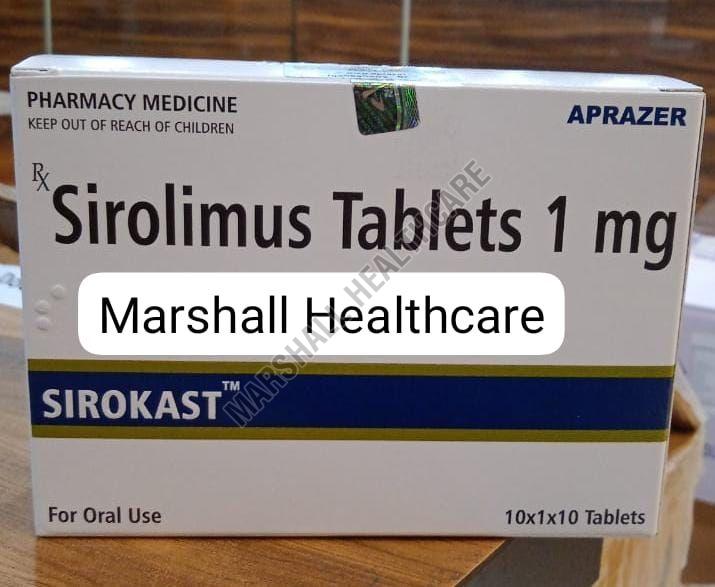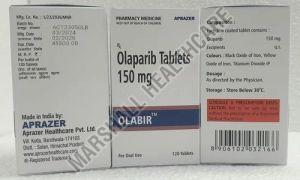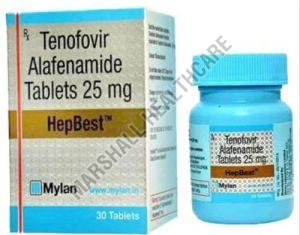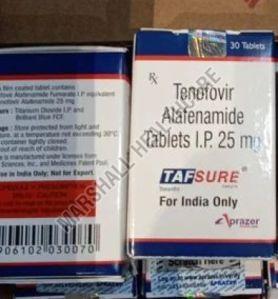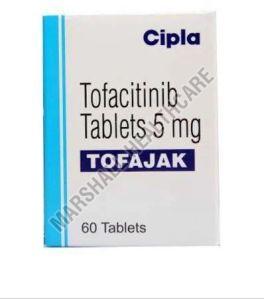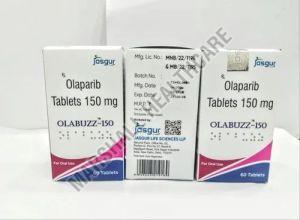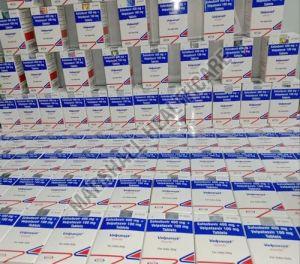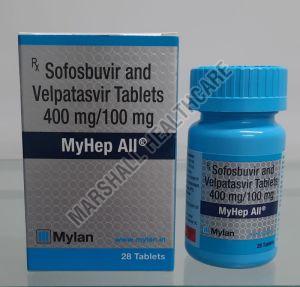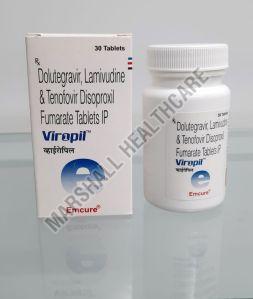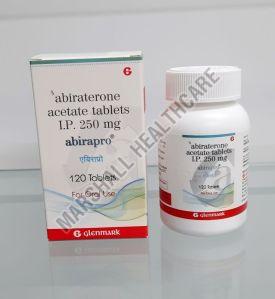Chandkheda, Ahmedabad, Gujarat
- GST NO. : 24CJWPK9058H1ZI
| Business Type | Exporter, Supplier, Trader, Distributor |
| Application | Used For Prevention Of Kidney Transplant Rejection |
| Strength | 1 Mg |
| Packaging Type | Blister |
| Click to view more | |
Product Details
Sirolimus, also known by the brand name Rapamune, is an immunosuppressive medication. It is an oral drug, available in both tablet and oral solution forms, primarily used to prevent the body from rejecting a transplanted organ.
Uses
Sirolimus is mainly used to prevent organ rejection in patients who have received a kidney transplant. It is often used in combination with other immunosuppressants, such as corticosteroids and cyclosporine. The goal is to weaken the body's immune system response so that it does not recognize the new organ as a foreign object and attack it.
Additionally, sirolimus is also used to treat a rare lung disease called lymphangioleiomyomatosis (LAM), which affects women of childbearing age and causes damage to lung tissue.
Mechanism of Action
Sirolimus belongs to a class of drugs known as mTOR (mammalian Target of Rapamycin) inhibitors. Its mechanism of action is distinct from other common immunosuppressants like cyclosporine and tacrolimus. Sirolimus works by:
-
Binding to a protein called FKBP-12 inside immune cells.
-
This complex then inhibits mTOR, a key enzyme that regulates cell growth and proliferation.
-
By blocking mTOR, sirolimus prevents the activation and multiplication of T cells and B cells, which are crucial components of the immune response responsible for organ rejection.
Administration
Sirolimus tablets are taken orally, usually once daily, at the same time each day. It is important to maintain a consistent dosing schedule to ensure stable blood levels of the medication. Doctors will regularly monitor the patient's blood to ensure the sirolimus concentration is within the target therapeutic range. The dose may be adjusted based on the patient's weight, blood levels, and other medications they may be taking.
Side Effects
As an immunosuppressant, sirolimus can have a number of side effects, some of which can be serious. Common side effects include:
-
High cholesterol and triglycerides: Sirolimus can lead to high levels of lipids (fats) in the blood.
-
Gastrointestinal issues: Nausea, diarrhea, and stomach pain.
-
Mouth sores: Stomatitis or mouth inflammation is a common side effect.
-
Fluid retention: Swelling (edema) in the hands, ankles, or feet.
-
Increased risk of infection: By suppressing the immune system, the drug makes patients more susceptible to infections from viruses, bacteria, and fungi.
-
Blood-related issues: Lowered red blood cell count (anemia) and platelet count.
-
Wound healing problems: The medication can cause wounds to heal slowly.
-
Kidney problems: Although sirolimus is considered to have lower toxicity to the kidneys compared to some other immunosuppressants, it can still cause kidney dysfunction, especially when used in combination.
-
Increased risk of certain cancers: Patients taking sirolimus have a higher risk of developing lymphoma and other cancers, particularly skin cancer.
Important warnings:
-
Sirolimus has not been shown to be safe and effective for liver or lung transplant patients, and its use in these cases has been associated with an increased risk of serious complications and death.
-
Due to its potential for serious side effects and complex interactions with other drugs, it should only be used under the supervision of a physician experienced in managing organ transplant patients.
Looking for "Sirolimus Tablets" ?
Explore More Products


